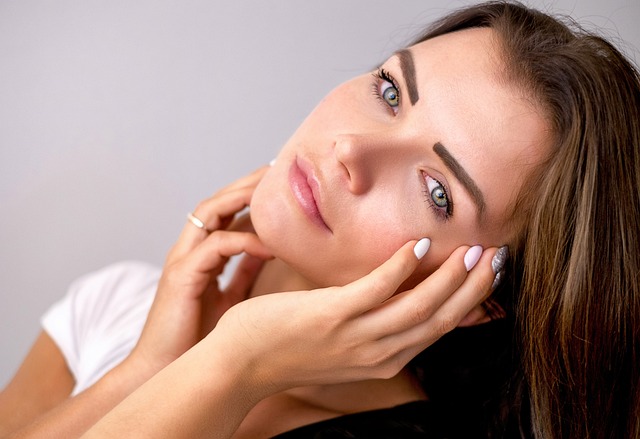Although the most dangerous times are during the summer, especially when we are at the beach, harmful UVA rays reach us every time we are exposed to sunlight, regardless of the weather or season.

t's important to remember that we have absolutely no protection just because we are indoors, in an air-conditioned room, sitting next to a window, or when we go for a walk in the rain, as UVA rays can penetrate our skin even through clouds or windows.
This means that, at least when it comes to facial skin, daily sun protection is important during any season, and in the summer, it is absolutely necessary.
It is very important to protect yourself from UV rays every day throughout the year and throughout the day, even indoors, considering that long UVA rays can penetrate through window glass and can be reflected off different surfaces and reach the skin - warn dermatologists.
Research shows that 38 percent of people do not regularly protect themselves from UV rays. They either do not use SPF creams at all or only apply them in the summer and only when they are at the beach.
People are not well-informed and believe that the danger of UV rays exists only during sunny days, i.e., in the summer period, especially when they are at the seaside. However, SPF protection should be applied every day as a form of prevention against premature skin aging, skin cell damage, skin pigmentation, and as the most important prevention against skin cancer.
Premature skin aging involves the early appearance of fine lines and wrinkles, spots, and rough skin texture. Some factors that contribute to skin aging, such as genetics, cannot be avoided. However, other external factors can be influenced by a proper lifestyle and avoiding sun exposure. Additionally, UV rays cause damage to the DNA of skin cells, and it is these DNA lesions that are responsible for the development of skin cancer. These damages cannot be repaired but can be prevented with SPF creams, explain dermatologists.
People with oily or combination skin are particularly at risk. They often do not use sunscreen because most products on the market are too heavy, greasy, and oil-based, which does not look nice and leaves an unpleasant feeling of having a dirty face. And if their skin is prone to acne, they think it could worsen the condition. However, dermatologists emphasize that there are sunscreens specifically designed for oily skin.
People with oily skin often avoid applying SPF creams to their face, fearing a greasy appearance. However, modern SPF technology in the form of fluids is specifically tailored to oily skin types. These products contain ingredients that absorb excess sebum and prevent the skin from appearing shiny.